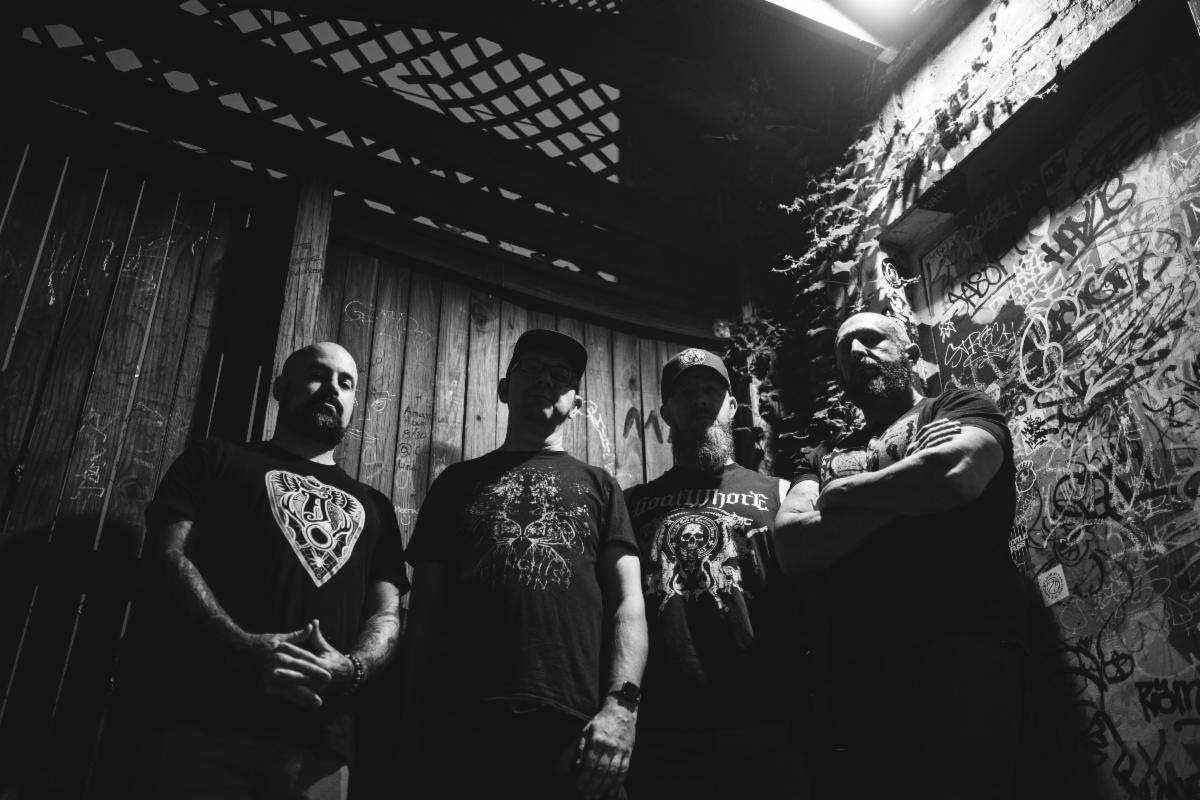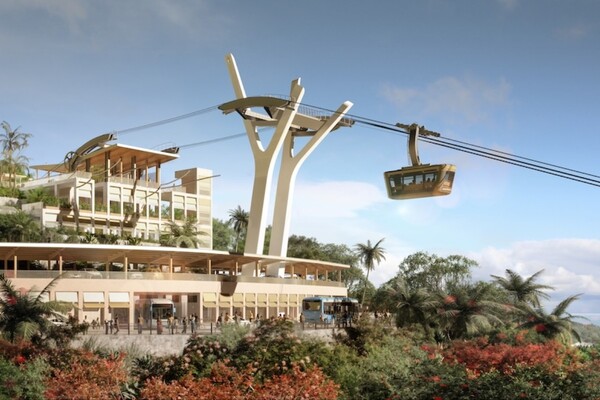Report on Iowa City Council Candidate Forum: Focus on Sustainable Development Goals
A forum for Iowa City City Council candidates was held by the student-led organization Hawk The Vote at the University of Iowa. The discussion centered on student engagement and urban sustainability, with candidate positions reflecting a strong alignment with the United Nations Sustainable Development Goals (SDGs), particularly SDG 11 (Sustainable Cities and Communities), SDG 13 (Climate Action), and SDG 16 (Peace, Justice and Strong Institutions).
Fostering Inclusive Governance and Partnerships (SDGs 16, 17)
Context of the Forum
- Event: Iowa City Council Candidate Forum for at-large and District B seats.
- Host: Hawk The Vote, a nonpartisan student organization.
- Objective: To increase student participation in local governance, directly supporting the aim of SDG 16 to ensure responsive, inclusive, and participatory decision-making at all levels.
- Participants: Candidates Newman Abuissa, Megan Alter, Clara Reynen, Bruce Teague (at-large), Shawn Harmsen, and Amy Hospodarsky (District B).
Strategies for Youth Engagement and Institutional Collaboration
Candidates outlined strategies to strengthen partnerships between the city and the university community, a key component of SDG 17 (Partnerships for the Goals), and to make local government more accessible and responsive to its younger constituents.
- Shawn Harmsen (District B): Highlighted the existing partnership with university student government (USG) liaisons and the council’s responsiveness to student-led initiatives, such as the Renter’s Guide. This collaborative approach exemplifies an effective and inclusive institution as envisioned in SDG 16.
- Clara Reynen (At-large): Proposed a proactive engagement model, utilizing scheduled meetings between the Mayor and the University President to actively seek out student concerns, thereby fostering a more inclusive dialogue.
- Amy Hospodarsky (District B): Emphasized the creation of dedicated spaces for genuine community dialogue, ensuring that governance is not merely directive but also receptive to public input, a foundational principle of SDG 16.
Advancing Sustainable Urban Development and Climate Action (SDGs 11, 13, 7)
Progress on Municipal Climate Policy
The forum addressed the city’s ongoing commitment to environmental sustainability, a core objective of the SDGs.
- Mayor Bruce Teague referenced the city’s 2019 climate crisis resolution as a significant step toward fulfilling the objectives of SDG 13 (Climate Action).
- Key municipal actions include the establishment of a Climate Action Commission and the integration of climate action goals into all city projects, aligning with SDG 13.2 (integrate climate change measures into national policies, strategies and planning).
Candidate Proposals for a Sustainable Future
Candidates presented distinct but complementary visions for advancing Iowa City’s sustainability, directly contributing to several interconnected SDGs.
- Newman Abuissa (At-large): Advocated for the development of denser, more walkable communities to reduce urban sprawl and transportation-related carbon emissions. This approach is central to achieving SDG 11 (Sustainable Cities and Communities) by creating more inclusive, safe, resilient, and sustainable urban environments.
- Megan Alter (At-large): Called for a multi-faceted strategy combining individual action with institutional accountability. Her proposals to invest in cleaner energy, expand fare-free public transit, and enhance walkability and cycling infrastructure directly support SDG 7 (Affordable and Clean Energy) and SDG 11.2 (provide access to safe, affordable, accessible and sustainable transport systems for all).
- Bruce Teague (At-large): Reaffirmed the city’s focus on strengthening bicycle infrastructure as a critical component of its comprehensive climate action plan, contributing to both sustainable transportation (SDG 11) and climate mitigation efforts (SDG 13).
Sustainable Development Goals (SDGs) Addressed in the Article
The article discusses several issues that directly and indirectly connect to the United Nations Sustainable Development Goals. The primary focus is on local governance, student engagement, and environmental sustainability within Iowa City. The following SDGs are addressed:
- SDG 11: Sustainable Cities and Communities
- SDG 13: Climate Action
- SDG 16: Peace, Justice and Strong Institutions
- SDG 7: Affordable and Clean Energy
Detailed Analysis of Each SDG
-
SDG 11: Sustainable Cities and Communities
This goal is central to the discussion on sustainability. The article highlights efforts to make Iowa City more sustainable through urban planning and transportation initiatives.
- Urban Planning: Candidate Newman Abuissa discusses the need to combat urban sprawl by creating “denser, more walkable communities where people can live, work, and shop locally.” This directly addresses the goal of creating inclusive, safe, resilient, and sustainable cities.
- Sustainable Transport: Mayor Bruce Teague and Councilor Megan Alter mention strengthening “bike infrastructure” and expanding “fare-free transit.” These actions aim to provide access to sustainable transport systems for all residents.
- Housing: The mention of the “Renter’s Guide” initiative, which helps students make informed housing decisions, connects to the goal of ensuring access to adequate and safe housing.
-
SDG 13: Climate Action
This goal is explicitly addressed when candidates discuss the city’s response to environmental issues and climate change.
- Climate Policy and Integration: Mayor Teague references the city’s “climate crisis resolution” of 2019 and states that “Climate action is built into every city project.” This shows a commitment to integrating climate change measures into local policies and planning.
- Community Education: The establishment of a “Climate Action Commission to guide community education and sustainability efforts” is a direct action to improve education and awareness-raising on climate change mitigation.
- Emission Reduction: The focus on reducing commutes by creating walkable communities and improving transportation systems is a strategy to “cut our carbon footprint,” directly contributing to climate action.
-
SDG 16: Peace, Justice and Strong Institutions
This goal is reflected in the article’s focus on civic engagement, responsive governance, and creating inclusive decision-making processes.
- Participatory Decision-Making: The entire forum, hosted by Hawk The Vote, is an example of promoting student involvement in local government. Candidates discuss plans to “engage with the university” and listen to student concerns.
- Responsive Institutions: Councilor Harmsen emphasizes that city leaders should be “responsive to [student’s issues],” citing their work on the Renter’s Guide as an example. This highlights the importance of responsive institutions at the local level.
- Inclusivity: Candidate Hospodarsky’s desire to “create spaces for genuine community dialogue” and facilitate discussions to take input from residents aligns with the goal of ensuring inclusive and participatory decision-making.
-
SDG 7: Affordable and Clean Energy
This goal is mentioned briefly but is a key component of the city’s sustainability strategy.
- Investment in Clean Energy: Councilor Alter mentions that the city is “investing in cleaner energy” as part of its progress on climate issues. This directly supports the transition to more sustainable energy sources.
Specific Targets Under the Identified SDGs
Based on the article’s content, the following specific SDG targets can be identified:
- Target 11.2: “By 2030, provide access to safe, affordable, accessible and sustainable transport systems for all…” This is addressed by the city’s efforts in “strengthening bike infrastructure” and “expanding fare-free transit.”
- Target 11.3: “By 2030, enhance inclusive and sustainable urbanization and capacity for participatory, integrated and sustainable human settlement planning and management…” This is reflected in the call to create “denser, more walkable communities” and avoid urban sprawl.
- Target 13.2: “Integrate climate change measures into national policies, strategies and planning.” At the local level, this is demonstrated by the statement that “Climate action is built into every city project” following the 2019 climate crisis resolution.
- Target 16.7: “Ensure responsive, inclusive, participatory and representative decision-making at all levels.” This is evident in the candidates’ discussions about engaging with students, being responsive to their issues, and creating forums for community dialogue.
- Target 7.2: “By 2030, increase substantially the share of renewable energy in the global energy mix.” This is implied by Councilor Alter’s statement about “investing in cleaner energy.”
Indicators for Measuring Progress
The article mentions or implies several actions and initiatives that can be used as indicators to measure progress towards the identified targets:
- Indicator for Target 11.2: The expansion of bike lanes and pedestrian-friendly infrastructure (implied by “strengthening bike infrastructure” and creating a “walkable, bike-friendly city”). The availability and usage of fare-free transit services.
- Indicator for Target 13.2: The existence of a formal Climate Action Commission and the number of city projects that explicitly include climate action components.
- Indicator for Target 16.7: The number of public forums and community dialogue events held (mentioned by Hospodarsky). The existence and activity of formal liaison roles between the city council and student government.
- Indicator for Target 7.2: The amount of municipal budget allocated to or invested in clean energy projects (implied by “investing in cleaner energy”).
Summary Table of SDGs, Targets, and Indicators
| SDGs | Targets | Indicators Identified in the Article |
|---|---|---|
| SDG 11: Sustainable Cities and Communities | 11.2: Provide access to sustainable transport systems. 11.3: Enhance inclusive and sustainable urbanization. |
– Strengthening and expansion of bike infrastructure. – Expansion of fare-free transit. – Development of denser, walkable communities to reduce urban sprawl. |
| SDG 13: Climate Action | 13.2: Integrate climate change measures into policies and planning. | – Formal declaration of a climate crisis (resolution in 2019). – Establishment of a Climate Action Commission. – Integration of climate action goals into all city projects. |
| SDG 16: Peace, Justice and Strong Institutions | 16.7: Ensure responsive, inclusive, and participatory decision-making. | – Hosting of public forums for students and community members. – Creation of spaces for genuine community dialogue. – Existence of formal liaisons between city council and student government. |
| SDG 7: Affordable and Clean Energy | 7.2: Increase the share of renewable energy. | – Investment in cleaner energy sources by the city. |
Source: dailyiowan.com







